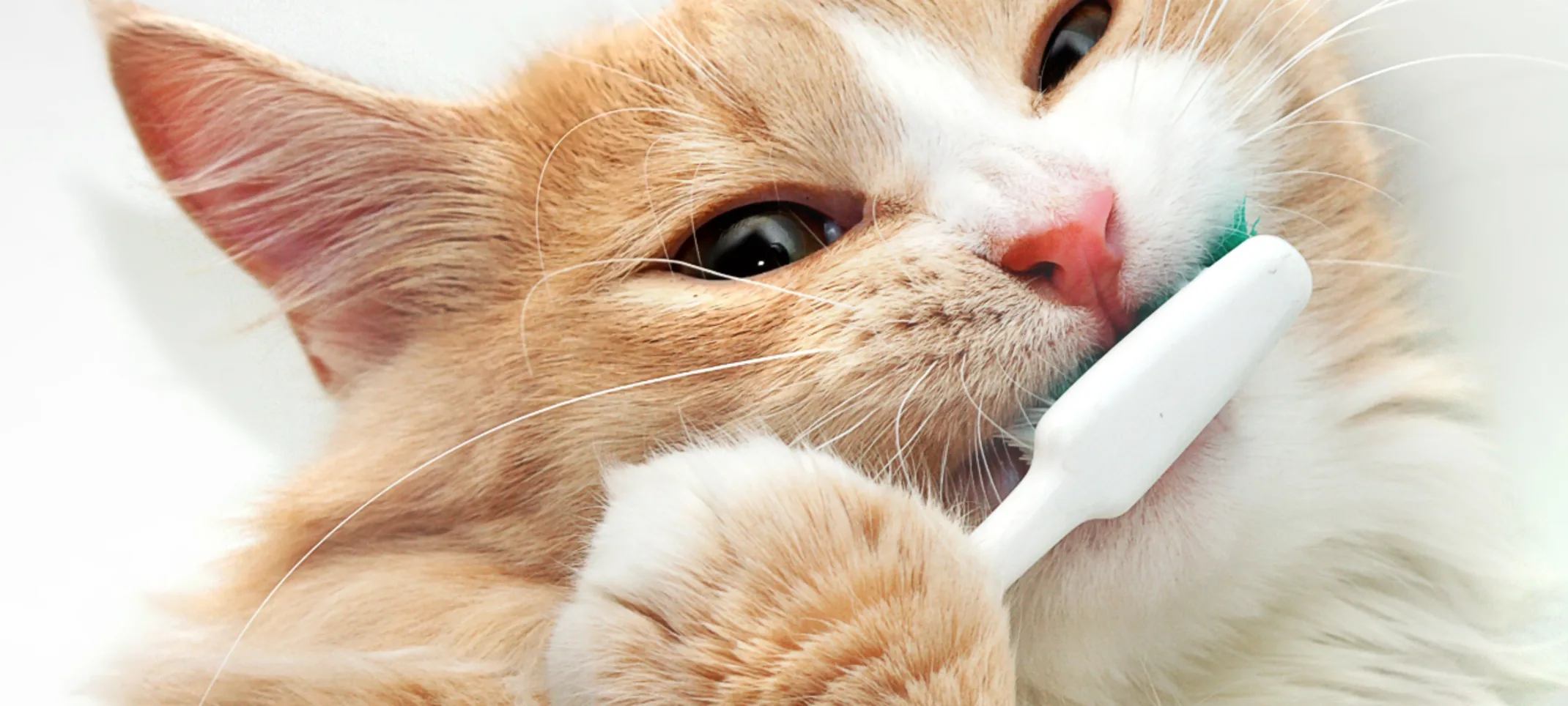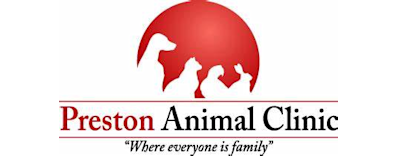Preston Animal Clinic
Dental Care
By 3 years of age, most dogs and cats have some level of periodontal disease. Not always apparent to owners; periodontal disease can cause oral pain, infection, inflammation and other health problems. This can directly affect the pet’s quality of life. Signs of discomfort can include: eating irregularly, finicky eater, and/or loss of appetite. After a complete dental procedure, many owners report a “whole new pet” – one who is happier and more active.

We can advise clients how to best care for their pet’s teeth using specialty dental diets, brushing with pet tooth paste, water additives and mouth rinses.
If required, we are able to perform complete dental procedures including dental radiographs and routine oral surgery. All dental procedures are performed under a general anesthetic.
We also offer dental care for many exotic species including rabbits, guinea pigs, chinchillas and degus.
Overview
To ensure your pet receives the best care possible for your pet we are committed to the following:
Dental admission appointments are usually scheduled the morning of the procedure. A veterinary technician will enquire about the health of your pet and review the procedure with you, answering any questions you may have.
All pets are examined by the veterinarian prior to the beginning of procedure.
We provide advanced pain management techniques in conjunction with anesthesia to make sure your pet is a comfortable as possible during and after the procedure.
Intravenous fluid therapy is included in the procedure, allowing us to maintain blood pressure and perfusion to the kidneys and other organs as well as allowing immediate IV access in the event of an emergency.
Your pet is assigned to a veterinary technician from the time the procedure starts to the time your pet returns to their recovery cage. Their own private caregiver!
The veterinary technician will exam and chart each individual tooth providing a rating for both gingivitis and tarter. Any missing teeth or abnormalities are noted.
Full mouth digital dental radiographs are completed. This will allow the veterinarian to identify any underlying problem areas beneath the gums. Examples may include dental abscess, tooth root loss, jaw bone loss or compromised teeth.
For all needed dental extractions, the veterinarian will “freeze” your pet’s mouth prior to extractions.
All remaining teeth will be cleaned and polished before your pet wakes up.
Electronic monitoring equipment is used for all surgeries. We monitor heart rate, blood pressure, temperature and oxygen levels.
The veterinarian will call you after the surgery is completed to provide a personal update on your pet’s condition.
Post-operative pain medications are sent home with your pet as needed.
Scheduled discharge appointments with a veterinary technician allows us to review post-operative instructions and home care instructions.
Follow up dental appointments are scheduled with a veterinary technician at no charge. They will advise clients how to best care for their pet’s teeth using specialty dental diets, brushing with pet tooth paste, water additives and mouth rinses.
